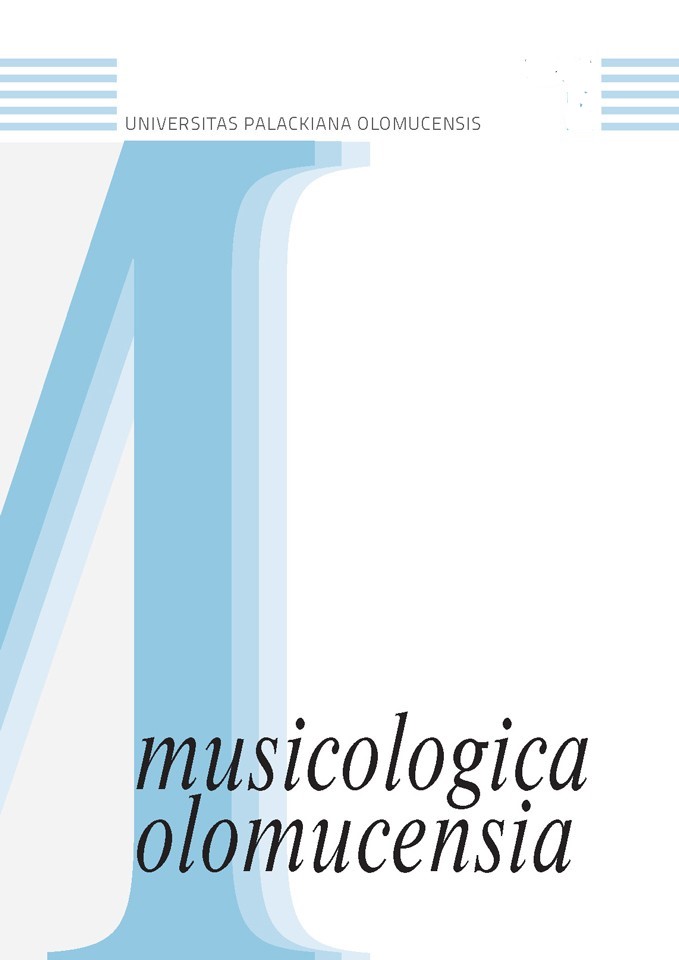Vyhoštění Karla Weise z dějin české hudby
Banishment of Karel Weis from the Czech Music History
Author(s): Jiří KopeckýSubject(s): Cultural history, Music, Political history, Social history, Sociology of Art, History of Art
Published by: Univerzita Palackého v Olomouci
Keywords: Karel Weis; Polský žid; Der polnische Jude; The Polish Jew; Czech opera;
Summary/Abstract: Karel Weis (1861-1944) studied at the Prague conservatory and organist school, and received further training from Antonín Dvořák and Zdeněk Fibich. He played piano accompaniments for an excellent violinist František Ondříček, and having successfully applied for the Austrian state scholarship for artists multiple times, he strived for building his career exclusively on composing. Even though he made contributions to several areas (song, symphony, film music), his domain was musical theatre. He was the first Czech composer to make his debut in the National Theatre; his opera Viola addressed a Shakespearean theme, inspired by the Twelfth Night. It was premiered in the National Theatre in 1892. Following disagreements with the management of the National Theatre, Weis decided to offer his next opera to the New German Theatre in Prague, and his opera The Polish Jew premiered here on March 3, 1901. It soon became an opera hit at a number of foreign stages, and was performed even in the Metropolitan Opera in New York. The unexpected success of the artwork, but especially its staging elsewhere than the National Theatre resulted in a number of Czech musicians calling Karel Weis a traitor to the nation. As a result, the written history of the Czech musical culture of 1800s and 1900s omits the name of Karel Weis. This treatise aims to analyse the status quo around the year 1901 and point out unjust and superficial evaluations of Weis's personality and work from the vantage point of shallow national attitudes and patriotism.
Journal: Musicologica Olomucensia
- Issue Year: 31/2020
- Issue No: 1
- Page Range: 72-92
- Page Count: 21
- Language: Czech

